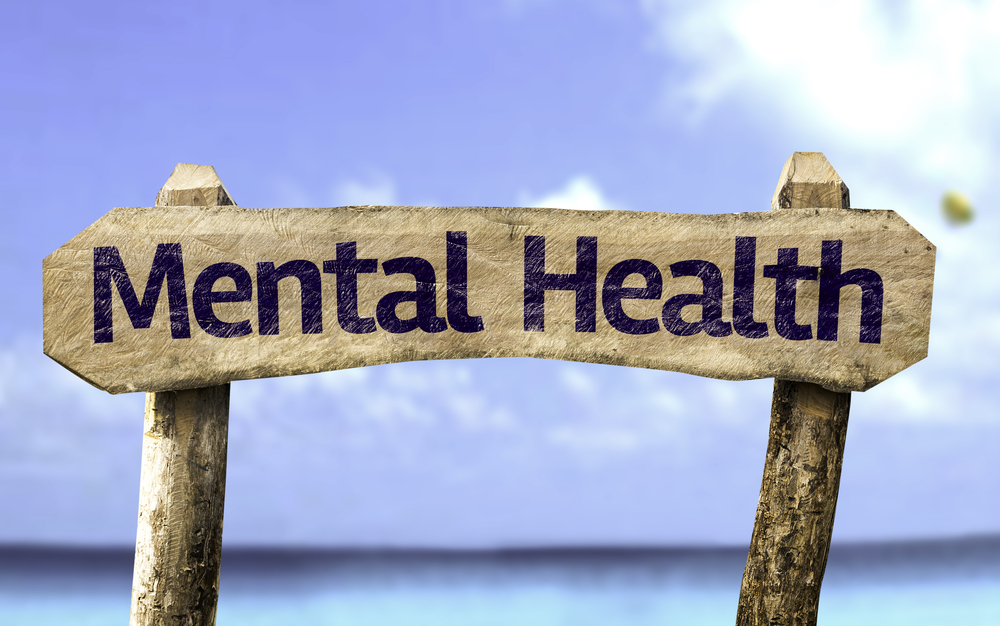Mental disorders
People with bipolar disorder can have co-occurring (comorbid) mental disorders, such as anxiety, eating, and personality disorders. Click on the links or the tabs below to access all the information, or browse via the drop-down menu on the left.
Image: ©Gustavo Frazao – shutterstock.com

Anxiety disorders
What are anxiety disorders in bipolar disorder? Comorbid anxiety disorders are common in people with bipolar disorder. Generalised anxiety disorder is characterised by continuous and excessive worrying for six months or more. Specific phobias are characterised by anxiety provoked by a feared object or situation, resulting in avoidance. Social phobia is anxiety provoked by social or performance situations. Agoraphobia is anxiety about situations where escape may be difficult or where help might not be available. Panic disorder is characterised by a panic attack, which is a distinct episode where a person experiences sudden apprehension and fearfulness, and may experience shortness…

Attention deficit hyperactivity disorder
We have not found any systematic reviews on this topic that meet the Library’s inclusion criteria. Pending enough primary studies, we invite reviews on this topic to be conducted. Alternatively we will endeavour to conduct our own review to fill this gap in the Library. October 2021 Image: ©Stepan Popov – shutterstock.com
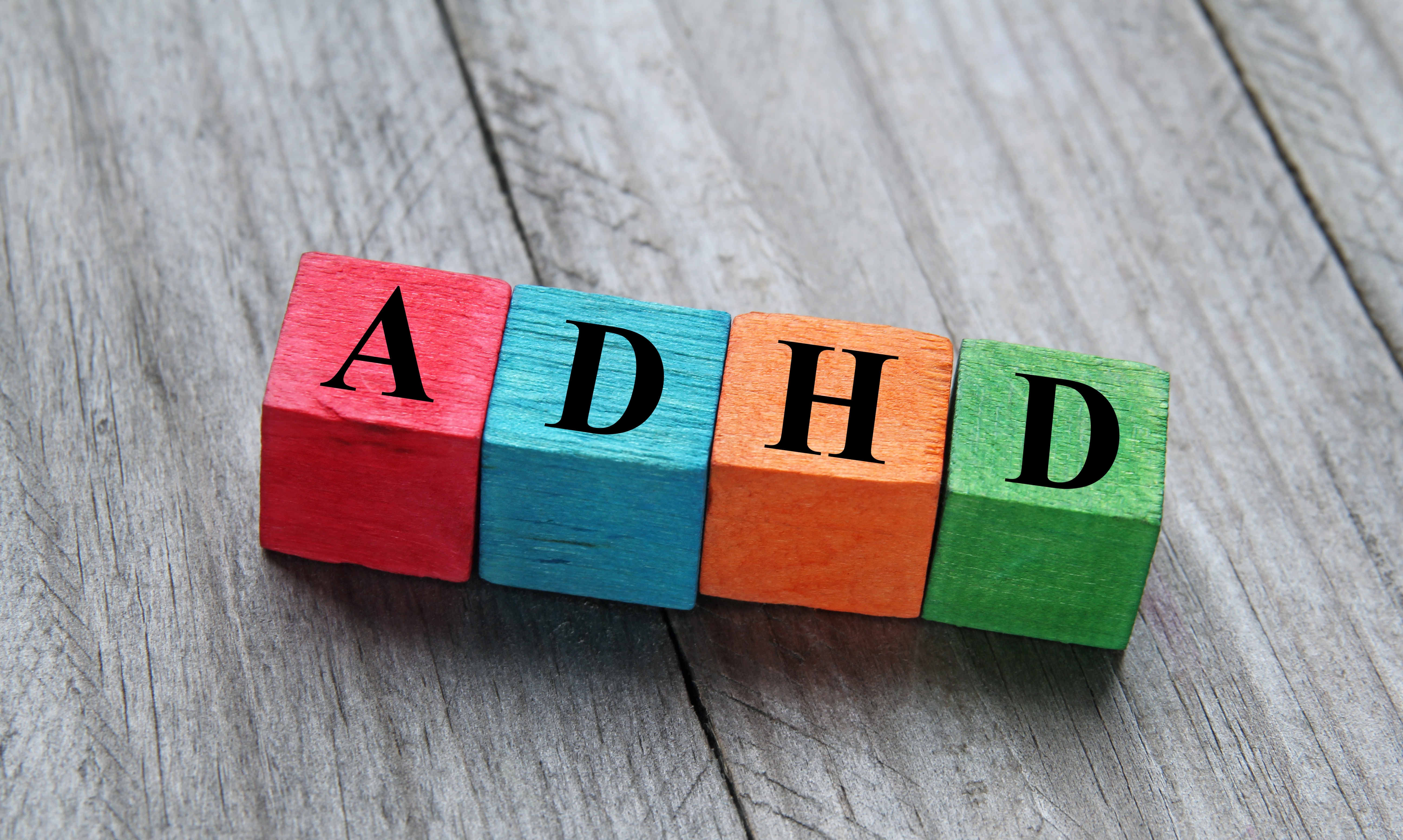
Attention deficit hyperactivity disorder
What is attention deficit hyperactivity disorder (ADHD) in bipolar disorder? ADHD is a behavioural disorder characterised by inattention, hyperactivity, and impulsivity. The estimated prevalence in children under 18 years in the general population is around 5%. It is more prevalent in males than in females. ADHD can persist into adulthood with an estimated prevalence of 2.5% of ADHD in the adult general population. The DSM-5 requires that ADHD in adults began in childhood, with inattentive or hyperactive-impulsive symptoms needing to be present before age 12. What is the evidence for rates of attention deficit hyperactivity disorder (ADHD) in people with…

Eating disorders
What are eating disorders in bipolar disorder? Eating disorders include anorexia nervosa, which involves a lack of maintaining normal weight, usually less than 85% of the expected weight, and an intense fear of gaining weight. Bulimia nervosa involves the presence of binge eating followed by compensatory behaviours to prevent weight gain, while binge eating disorder does not involve compensatory behaviour. What is the evidence for eating disorders? Moderate quality evidence finds the prevalence of any eating disorder in people with bipolar disorder is around 13%. The prevalence of binge eating disorder is around 12.5%, bulimia nervosa is around 7%, and…

Impulsivity-related disorders
What are impulsivity-related disorders in bipolar disorder? Impulsivity-related disorders include intermittent explosive disorder characterised by uncontrolled fits of extreme anger and violence, pyromania characterised by irresistible urges to light fires, kleptomania characterised by irresistible urges to steal, and conduct disorder characterised by repetitive and persistent behaviours that violate societal rules and the basic rights of other people. Related disorders include; trichotillomania characterised by uncontrollable hair twisting and pulling, skin-picking disorder, pathological gambling, compulsive sexual behaviour and exhibitionism, compulsive buying, internet addiction, video or computer game addiction, food addiction, work addiction, tanning addiction and physical exercise addiction. What is the evidence…

Obsessive-compulsive disorder
What is obsessive-compulsive disorder in bipolar disorder? Obsessive-compulsive disorder (OCD) can occur in people with bipolar disorder. It involves persistent and intrusive thoughts (obsessions) and repetitive actions (compulsions). The DSM-5 (Diagnostic and Statistical Manual of Mental Disorders, Fifth Edition) defines obsessions as recurrent and persistent thoughts, urges, or impulses that are experienced as intrusive and unwanted, with associated anxiety or distress. The individual attempts to suppress these obsessions by performing a compulsion; repetitive behaviours (e.g., hand washing, ordering, checking) or thoughts (e.g., praying, counting, repeating words). The obsessions or compulsions are time-consuming and can cause significant impairment in social, occupational,…
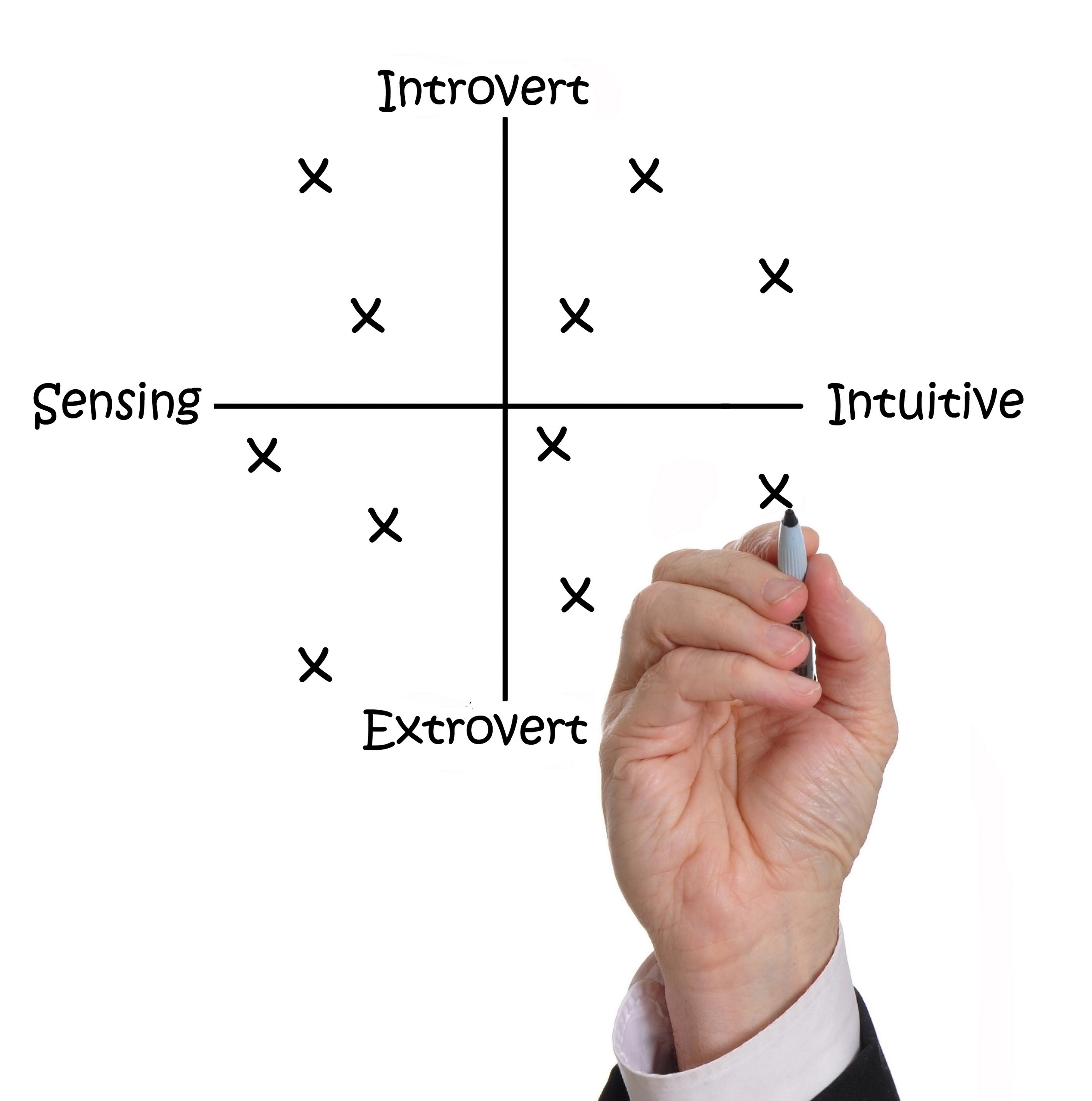
Personality disorders
What are personality disorders in bipolar disorder? Personality disorders are enduring patterns of behaviours, thoughts and feelings that deviate from social norms. Many people exhibit these behaviours, thoughts or feelings occasionally, but deviations that persist across situations and cause significant distress and impairment are considered disorders. There are a number of different personality disorders. These include; antisocial personality disorder (disregard for the rights of others); schizoid personality disorder (detachment of social interactions and limited emotional expression); schizotypal personality disorder (discomfort of close relationships, cognitive distortions and eccentric behaviour); paranoid personality disorder (distrust and suspiciousness of others); borderline personality disorder (self-harming,…
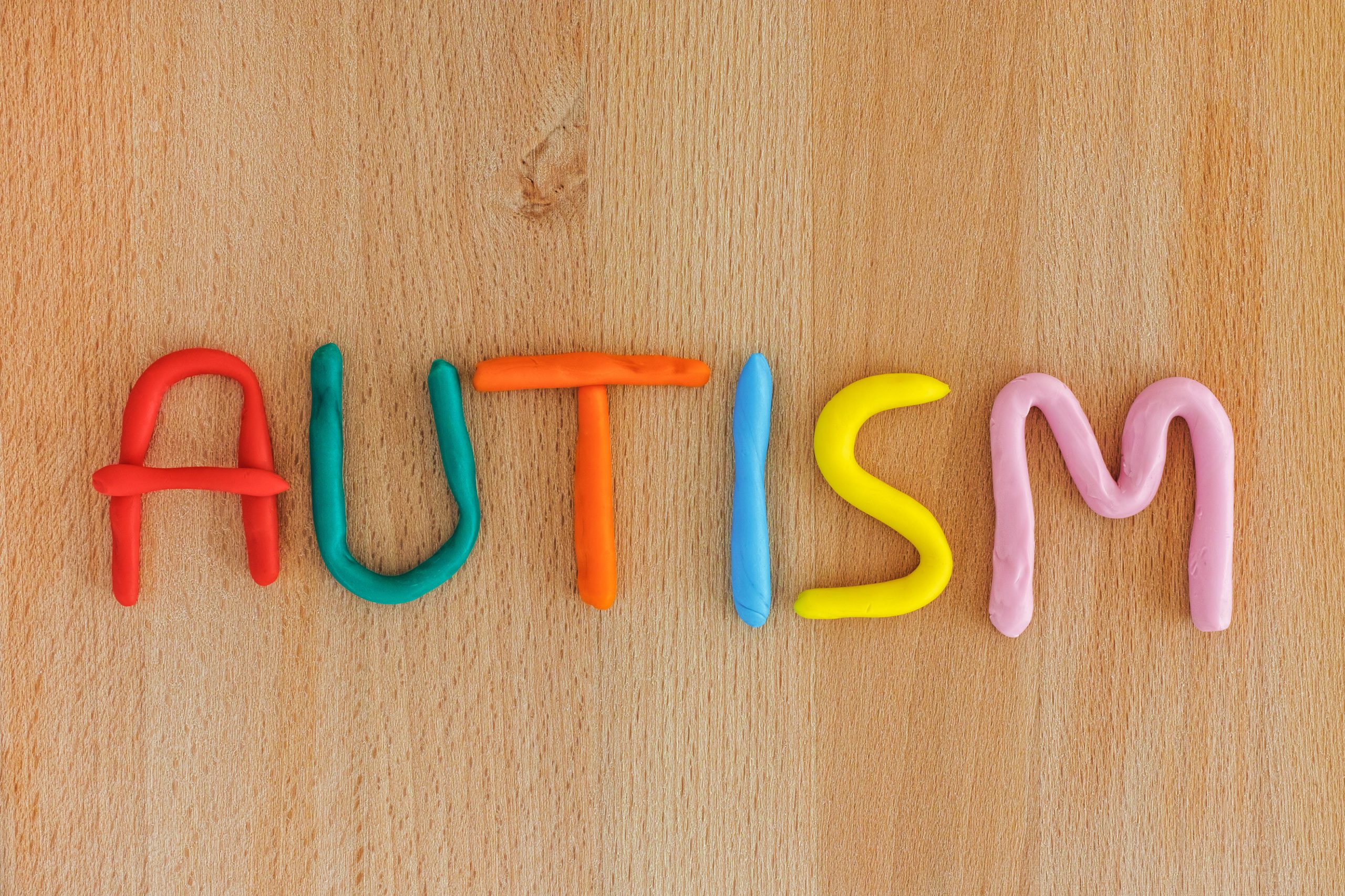
Pervasive developmental disorders
What are pervasive developmental disorders in bipolar disorder? The prevalence of pervasive developmental disorders in the general population is around 0.5%. They are a group of conditions that are characterised by abnormal development in social interactions, communication, behavioural flexibility and repetitive patterns of behaviour and activities. These are core features of autism and are usually apparent by the age of 2 to 4 years. Autism involves impaired socialisation, poor communication and behavioural inflexibility, whereas Asperger’s syndrome involves an absence of an intellectual disability. Pervasive developmental disorder not otherwise specified shares the socialisation symptoms of autism but allows for atypical presentations….

Post-traumatic stress disorder
What is post-traumatic stress disorder (PTSD) in bipolar disorder? The Diagnostic and Statistical Manual of Mental Disorders’ (DSM-5) criteria for a diagnosis of post-traumatic stress disorder (PTSD) includes having been exposed to a trauma via direct means (e.g. threats, experience, or witnessing), or indirect means (e.g. learning that a relative or close friend has been exposed to a trauma). For a diagnosis of PTSD, symptoms must last for more than one month and create distress and functioning impairment such as an inability to work, go to school, or socialise. Symptoms include persistently re-experiencing the traumatic event via intrusive thoughts, nightmares,…
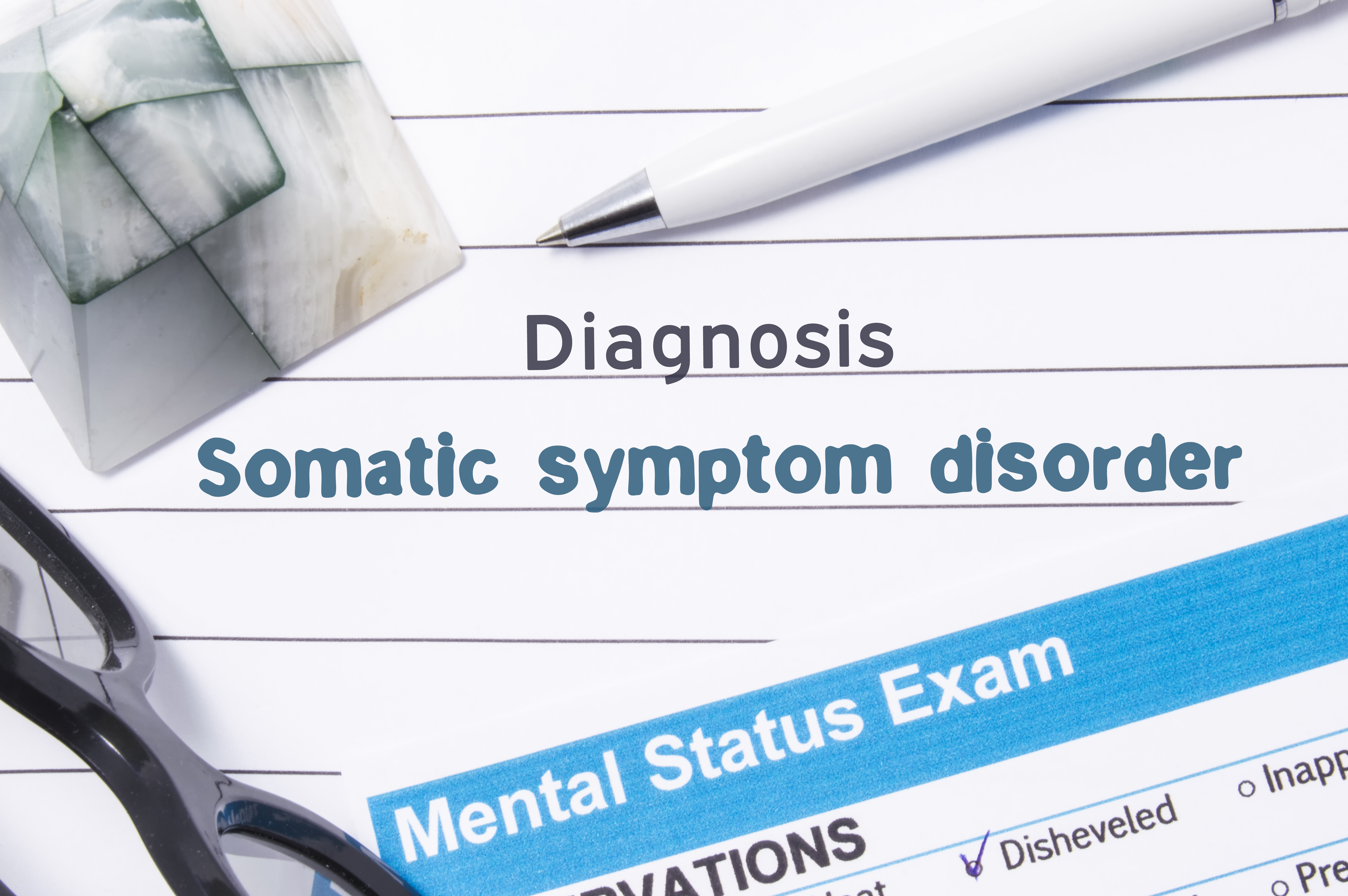
Somatic symptom disorder
What is somatic symptom disorder in bipolar disorder? Somatic symptoms are medically unexplained bodily sensations or basic physical dysfunctions such as appetite, digestion, or sleep dysfunction. They may be localised to a particular bodily region, or generalised, as in the case of excessive fatigue or loss of energy. Symptoms are not intentionally produced or feigned. For a diagnosis of somatic symptom disorder, the extent to which a person’s feelings, thoughts, and behaviours about their somatic symptoms must be distressing, excessive, or disproportionate, and persist for more than six months. What is the evidence for somatic symptoms in people with bipolar…
Green - Topic summary is available.
Orange - Topic summary is being compiled.
Red - Topic summary has no current systematic review available.
